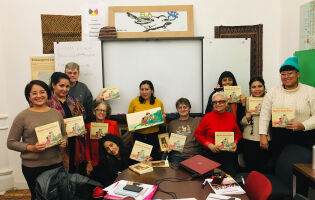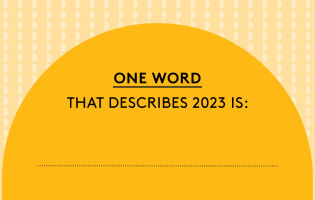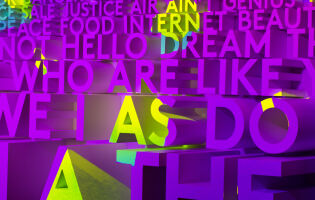
English as Our Official Language — Symbolic or Significant?: Q&A with Dr. Bill Rivers
On March 1, 2025, President Trump issued an executive order designating English — and only English — as the official language of the United States. The move has sparked both…

The Wit of Washington: Remembering Legendary Political Humorist Art Buchwald
“You can’t make up anything anymore. The world itself is satire. All you’re doing is recording it.” — Art Buchwald Before Stephen Colbert, Jon Stewart, and Trevor Noah, there was…

From the Andes to the Big Apple, Keeping an Indigenous Language Alive: Q&A with the Quechua Collective
With up to about 10 million speakers, Quechua (also known as Runasimi, or “people’s language”) is the most widely spoken Indigenous language of the Americas, and it is an official…

Choosing the 2023 Word of the Year: Q&A with Ben Zimmer and Kelly Wright
Since 1990, the American Dialect Society has annually unveiled a Word of the Year — a newly prominent word that reflects significant events, societal shifts, and prevailing themes over the…

Singular “They” and Language Beyond the Gender Binary: Q&A with Kirby Conrod
With nonbinary and trans identities becoming more mainstream, pronouns have increasingly become a hot topic — particularly singular “they,” which is favored by many nonbinary people. While singular “they” has…

Linguistic Diversity in the District and the “D.C. Dialect”: Q&A with Natalie Schilling
Is the word “moe” in your vocabulary? How about “jhi”? If so, you’re likely a D.C. local! Like go-go and mambo sauce, these words are part of the lifeblood of…





